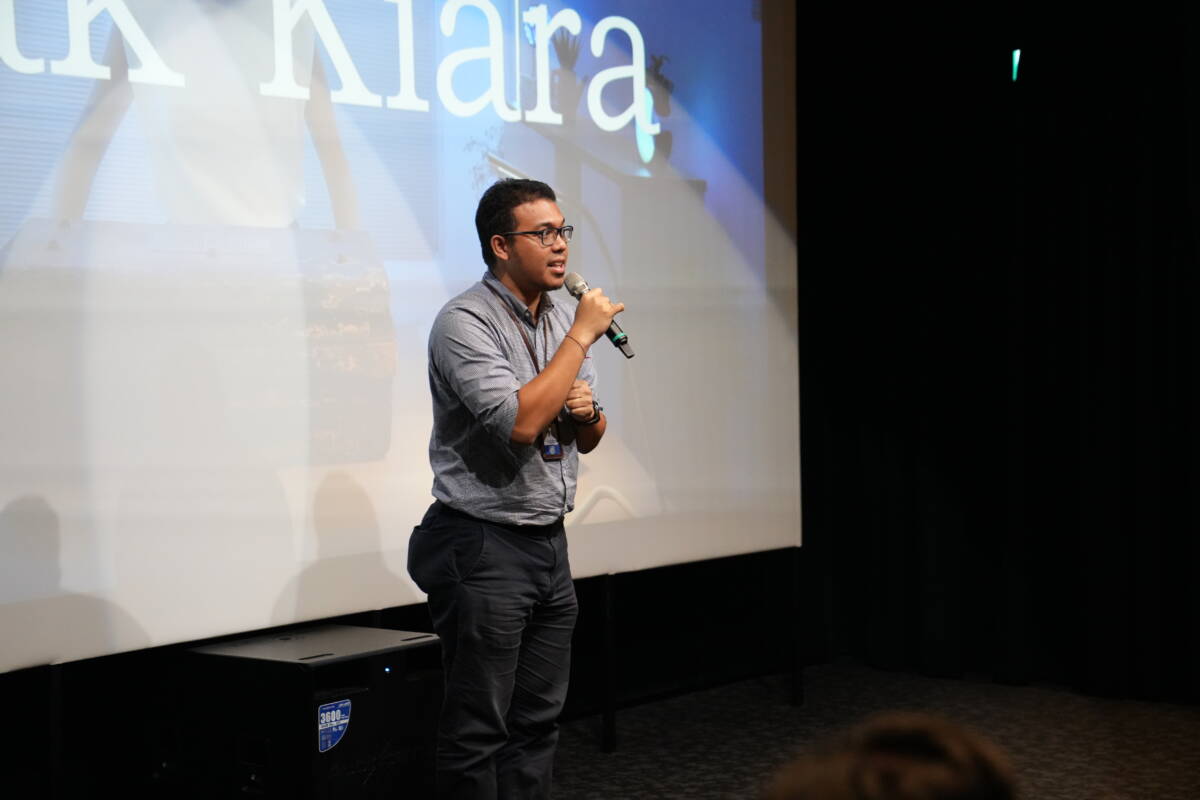Jakarta, December 13, 2024 – The Clean, Affordable, and Secure Energy (CASE) for Southeast Asia project has officially launched the short film “Jejak Kiara”. The film is the third part of a sequel about a woman named Kiara, which aims to educate and raise public awareness about the importance of an inclusive energy transition in Indonesia.
“Jejak Kiara” continues the story started by the previous films, Mimpi Kiara (2021) and Kabin Kiara (2022). The movie explores the journey of Indonesia’s energy transition, from the policy-making process to the implementation of renewable energy projects. Carrying the main message of collaboration, the film emphasizes that the success of the energy transition can only be achieved if it involves all stakeholders, including the government, academics, media, civil society, local communities, and the younger generation.
Agus Tampubolon, Project Manager of CASE for Southeast Asia, Institute for Essential Services Reform (IESR), explained that movies are one of the tools that are more attached to everyone’s memory. So in addition to research, creative ways are needed to increase public understanding of the energy transition in Indonesia.
“We use the title ‘Kiara’, because it means light. We want through the Kiara series of films that we release, the CASE project can bring light and inspiration to accelerate the energy transition in Indonesia,” Agus said at the launch of Jejak Kiara on Thursday (12/12/2024).
Agus said that one of the unique and interesting things about the third series of Kiara is the presence of a figure from the future who leaves an evocative message to Kiara. This message comes at a time when Kiara is overwhelmed with anxiety because the energy transition process is not going as fast as she expected. For this reason, Agus encourages the public to watch the full Kiara series, which is widely accessible on IESR’s YouTube channel.
The CASE for Southeast Asia project in Indonesia, implemented by IESR and GIZ Indonesia, and in political partnership with the Ministry of National Planning and Development/Bappenas, aims to change the narrative of Indonesia’s energy sector to align with the Paris Agreement. This includes technical support, policy support, dialog, increased transparency, and public campaigns.

